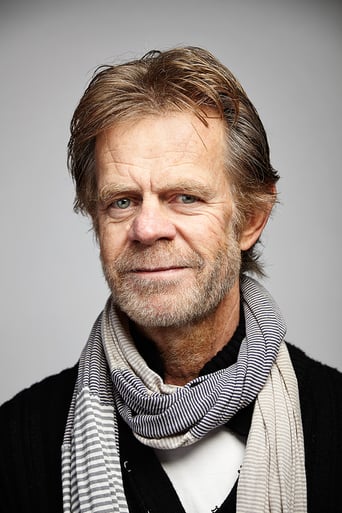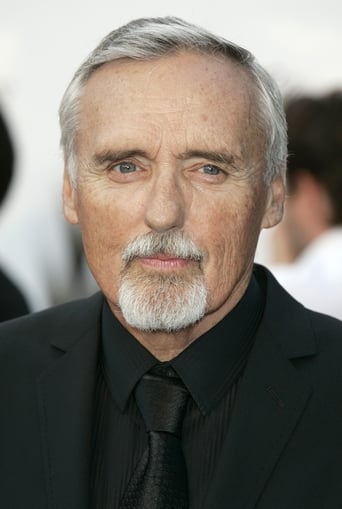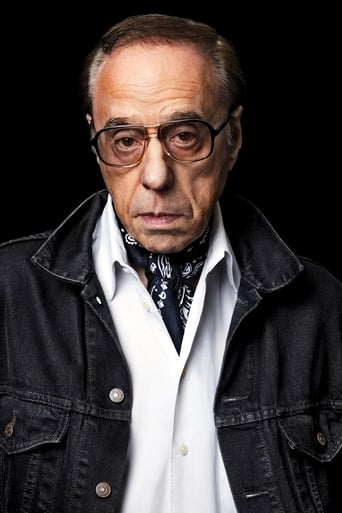Easy Riders, Raging Bulls: How the Sex, Drugs and Rock 'n' Roll Generation Saved Hollywood
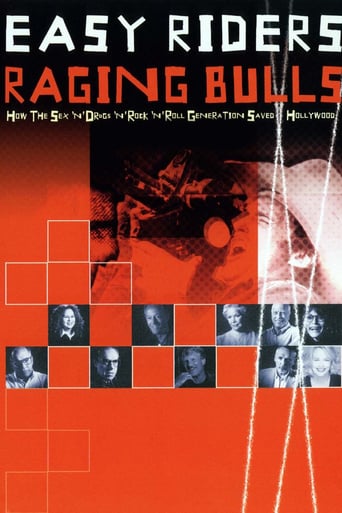
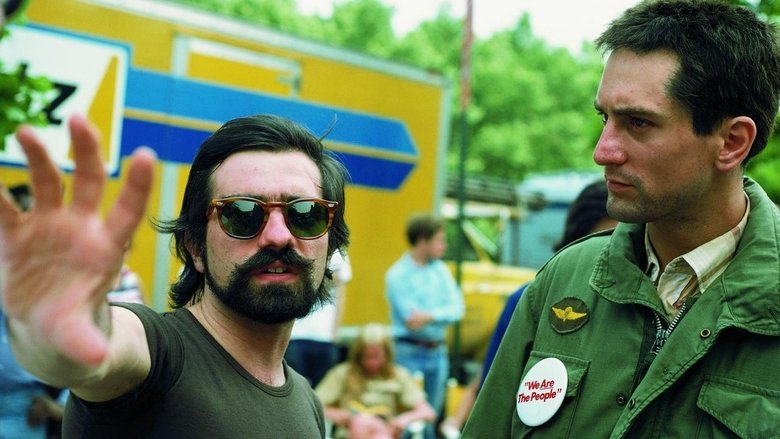
Easy Riders, Raging Bulls: How the Sex, Drugs and Rock 'n' Roll Generation Saved Hollywood (2003)
A look at 1970s Hollywood when it was known as New Hollywood, and the director was the star of the movie.
Watch Trailer
Cast
Reviews
Instant Favorite.
Fantastic!
It really made me laugh, but for some moments I was tearing up because I could relate so much.
It's simply great fun, a winsome film and an occasionally over-the-top luxury fantasy that never flags.
In the 1960's the Hollywood studios were having a hard time of it. Their audience had grown up, been attracted away by television or had simply become bored with big musicals and the usual fare being fed to them. Against this backdrop some young talents started to come though, breaking the normal operation of the Hollywood system. With Dennis Hopper and Peter Fonda making drugged out movies, Coppola being given his big shot and coming up trumps, Spielberg and Lucas coming through to create the idea of blockbuster cinema or Martin Scorsese coming from one Roger Corman feature to create Mean Streets and Taxi Driver.Based on Peter Biskind's book this film takes on the near impossible task of covering a decade or so of change within the Hollywood system and pretty much does it well. Even having watched it and seen how it did it, I am still impressed by how it managed to structure itself in a way that didn't seem to struggle with the scope of the material and delivered such a broad picture of the time. Viewers with a better knowledge of the era or some of the specifics films in question will probably feel a bit short changed as the film does flash over a lot of stuff but the majority of people will find that it keep moving along enough not to really notice. The reason for this is that the film keeps the delivery coming in consistent broad strokes that mean the audience never gets into the detail but knows that this is about a wide subject.The talking heads are well managed and really help keep this approach up by giving plenty of good contributions without dragging the film down into the detail. William H Macy does a good job of narration and his lines are well written informative without being obtrusive. The absence of Spielberg, Altman, Lucas and a few others is not that great a loss because their characters and egos would have dominated a bit too much in a way that the majority of the others don't.Overall, the specifics can be found elsewhere but this is an effective and interesting broad look at the era of the director. It never gets too deep into the detail of any one story but it doesn't matter too much as the delivery generally supports this broad approach to produce an enjoyable documentary that will suit the majority of viewers.
This docu makes the misguided error of comparing the careers of Hal Ashby and Steven Spielberg. More different film-makers there have never been. However, by sheer virtue of sharing artistic or commercial success in Hollywood in the same decade, these two anomylous inclusions are lumped in together. Peter Bogdanovich regales us simpletons with his self-encyclopedia, as if he were ever more than a journey-man director. It's intriguing to see the commercial success of The Exorcist and the critical success of Mean Streets sharing the same five minute discussion with various Hollywood talking heads all of whom are past their prime.One of the rare gems of the film is the sequence recalling how Martin Scorcese, Paul Schrader, George Lucas, Spielberg and many other prominent male film-makers would hang out in the same beach houses in Malibu, but it's only ten minutes long. This is a film obsessed with the tangential perks of that divine spark that was the 70's renaissance of American movies. Presumably this film is based on a best-selling book of the same name, but all this film can sum up is that a bunch of cool movies came out in the 70's, and that, YES, the men who made those movies hung out from time to time. Honestly, you'd be better off just watching every film by the directors that this film interviews and save yourself the thankless task of listening to too many Hollywood has-beens pine for yesteryear. What really happened to these people's careers? Drugs for some, ego for others. Spotty at best, this film just isn't all it could be. 3/10
I read and enjoyed the book, too, but it and the movie make several points I disagree with: _ Almost all of the people mentioned in this film are still around, if you don't count cancer victim Hal Ashby, one-hit wonder Sam Peckinpah and the inconsequential Julia Phillips. The idea that most of them crashed and burned, never to return, is a bit of a stretch, unless you include those whose careers have tanked over the past 20 years, e.g., Coppola. _ The film neglects to mention that the architect of the auteur-smothering blockbuster was/is Steven Spielberg, who never seems to have had a nasty moment with anybody ... not the Easy Riders/Raging Bulls, and not the studios. There was some good dish, though, and on the whole it was worthwhile viewing.
This is a great look at Hollywood in the 1960's and 1970's. If you hadn't already noticed, that was an era of great American films, and "Easy Riders, Raging Bulls" tells you how and why. The interviews and narration are awesome, and I love seeing all those old movie posters and clips. There may be a few independent filmmakers missing from this piece, but it's impossible to cover them all in just 2 hours. Plus, the thesis of this film deals with the major studios and how talented YOUNG artists briefly took control and made cool movies with studio money. I only wish the industry was like that today.
